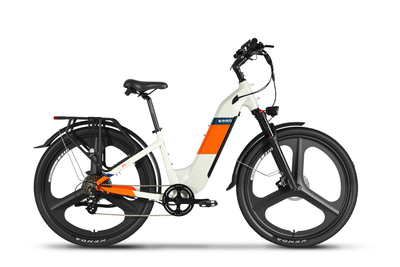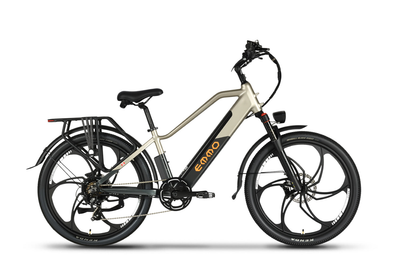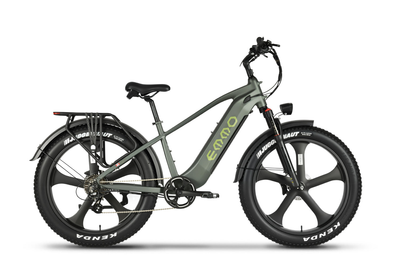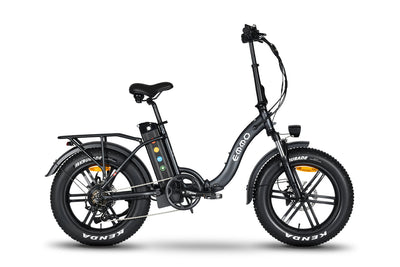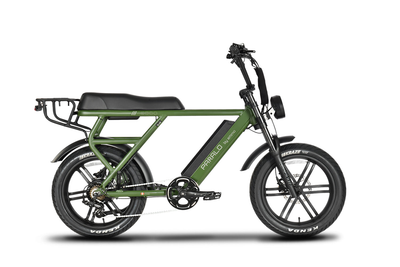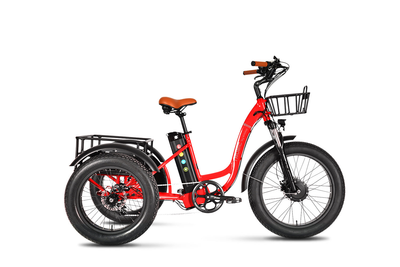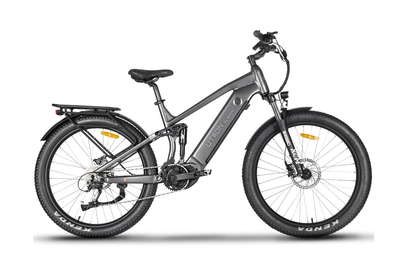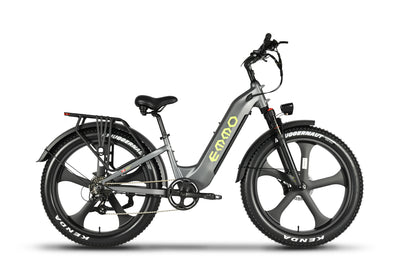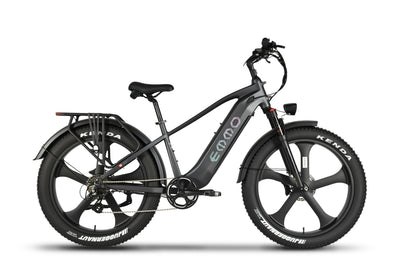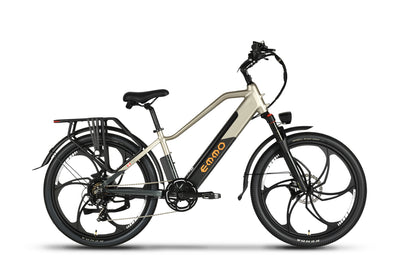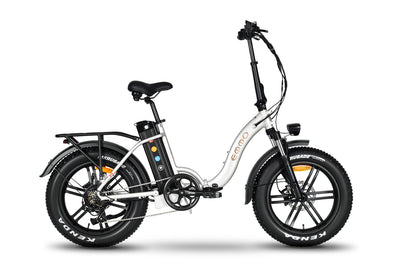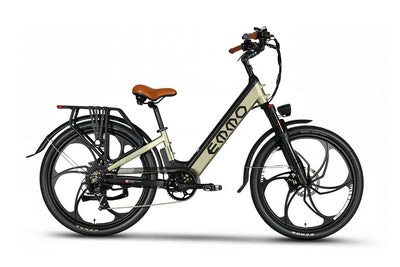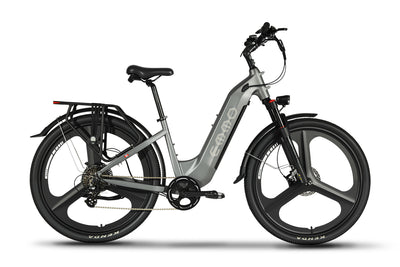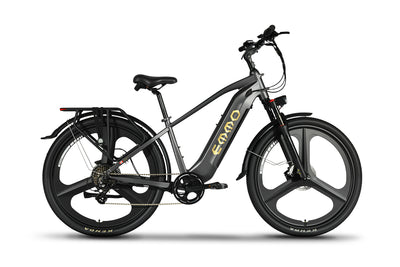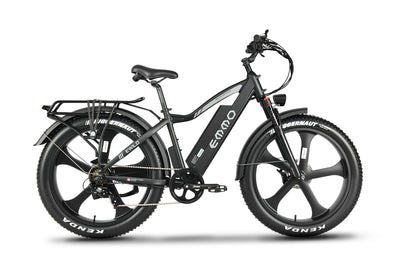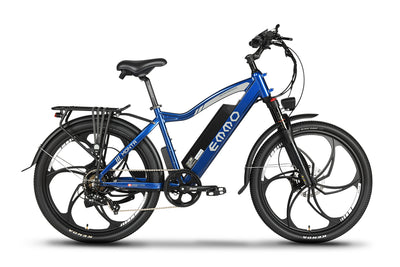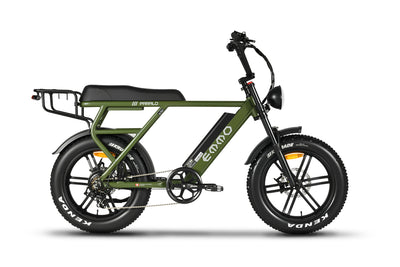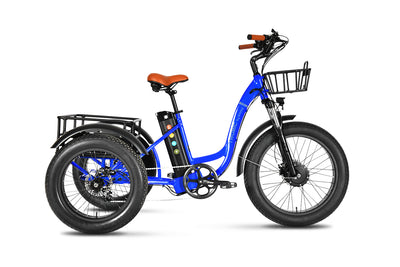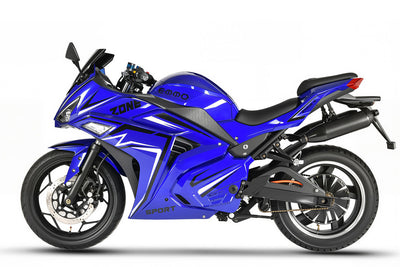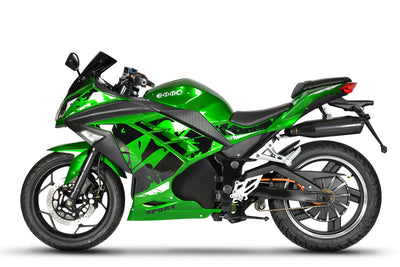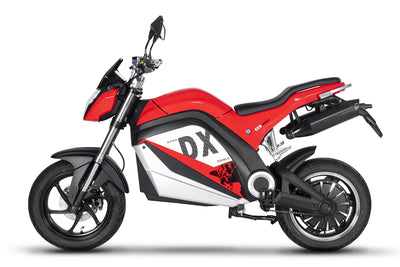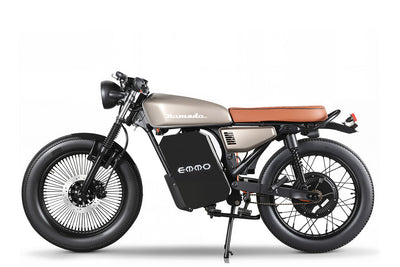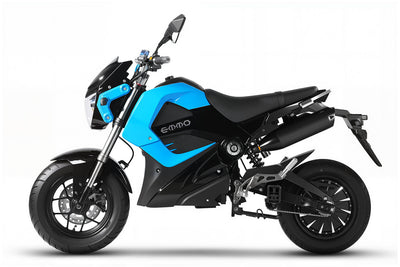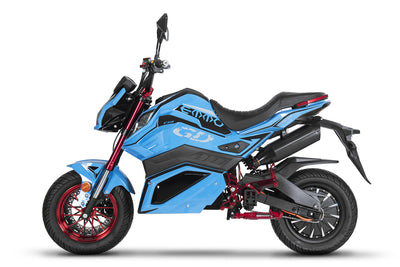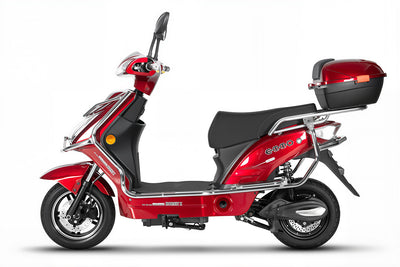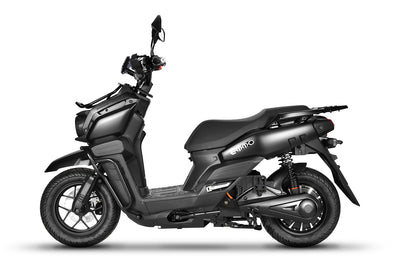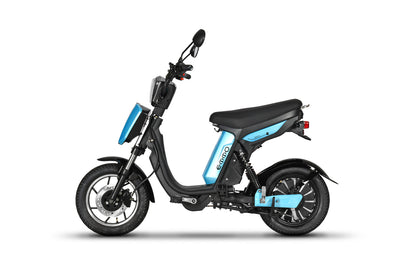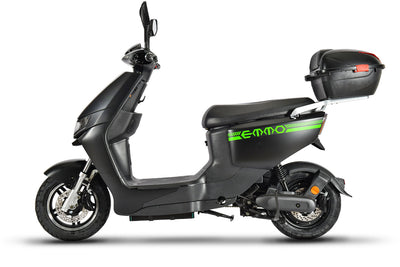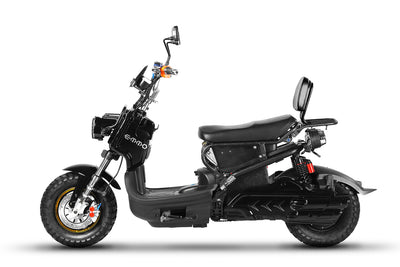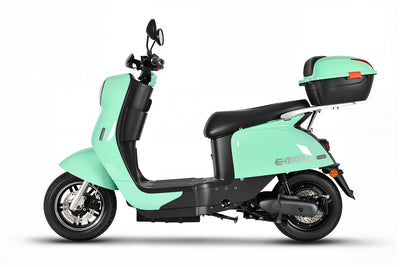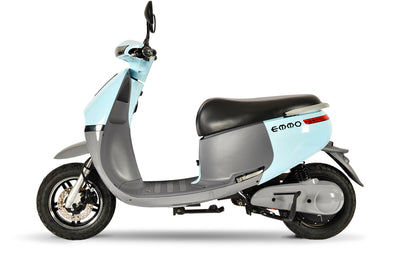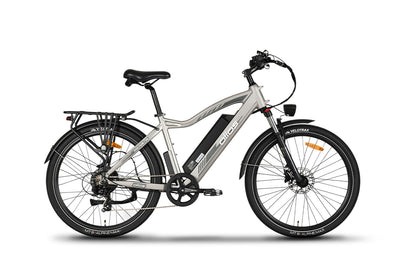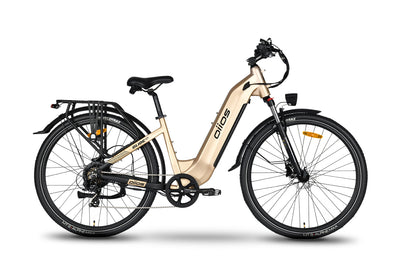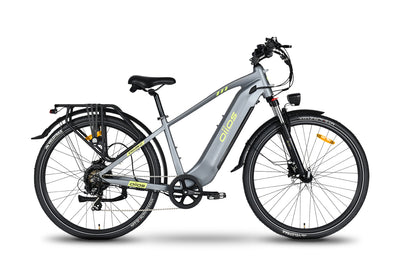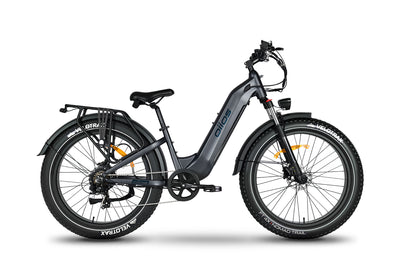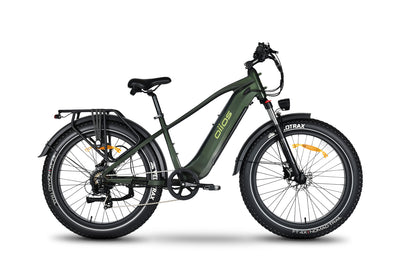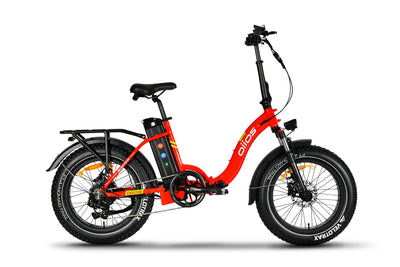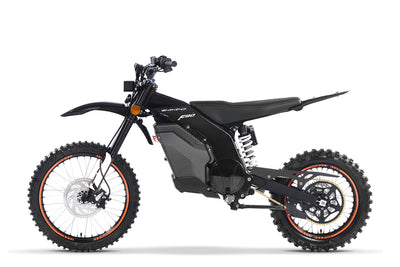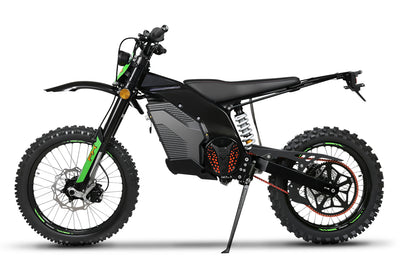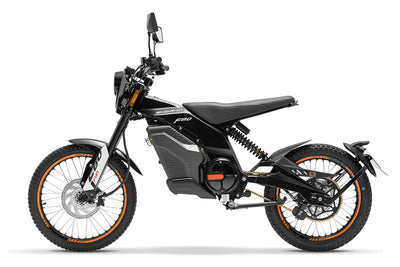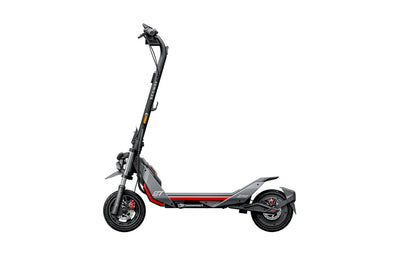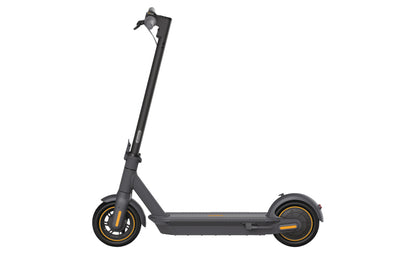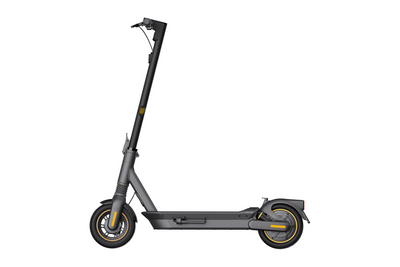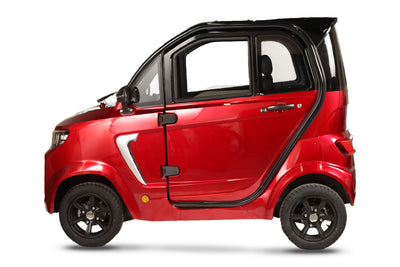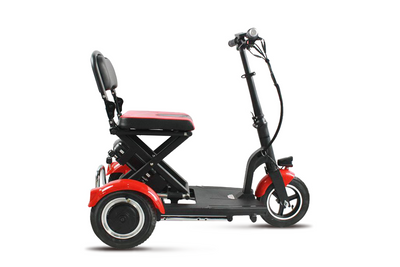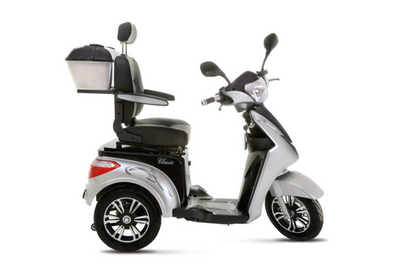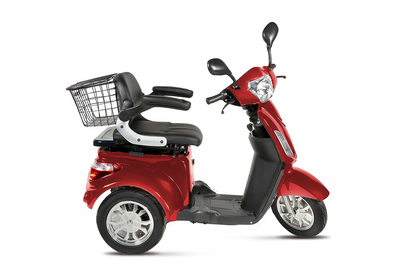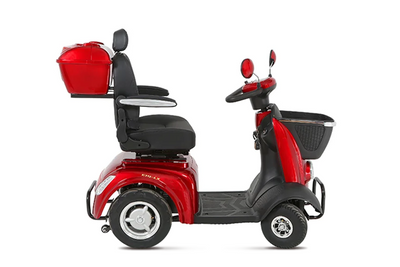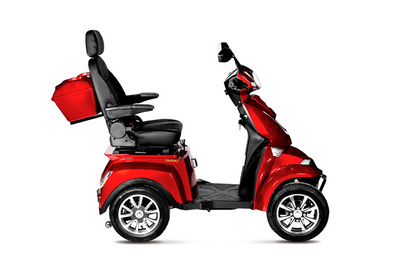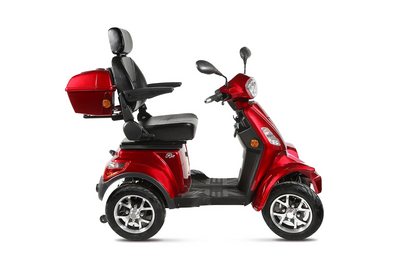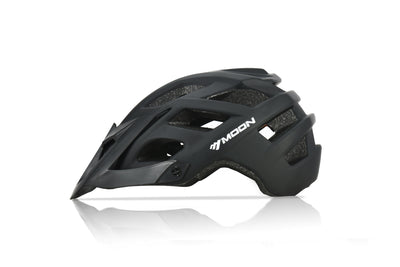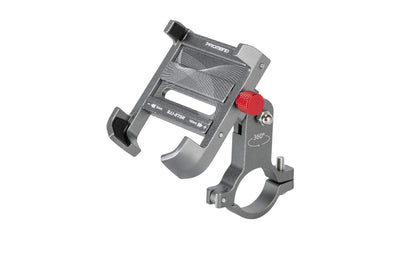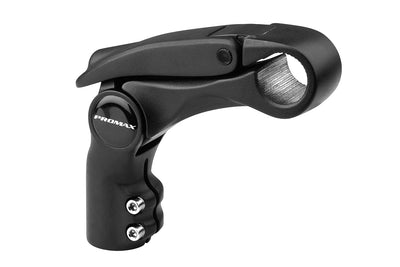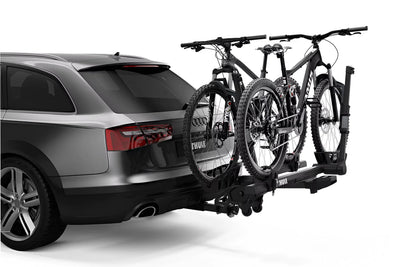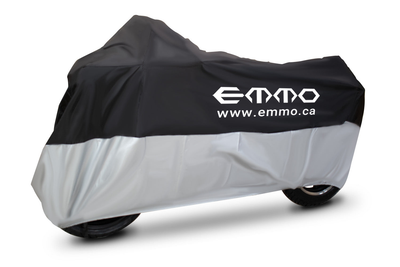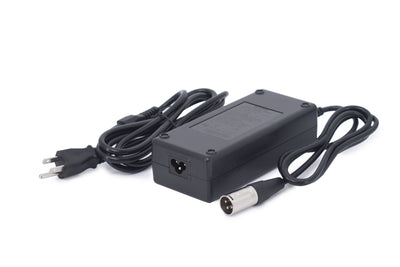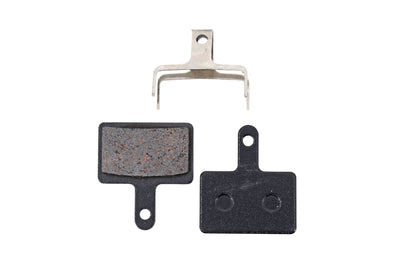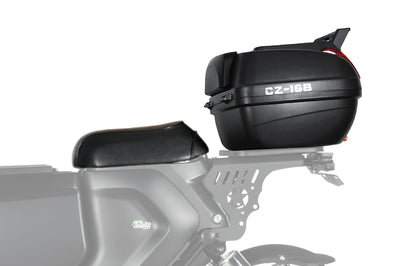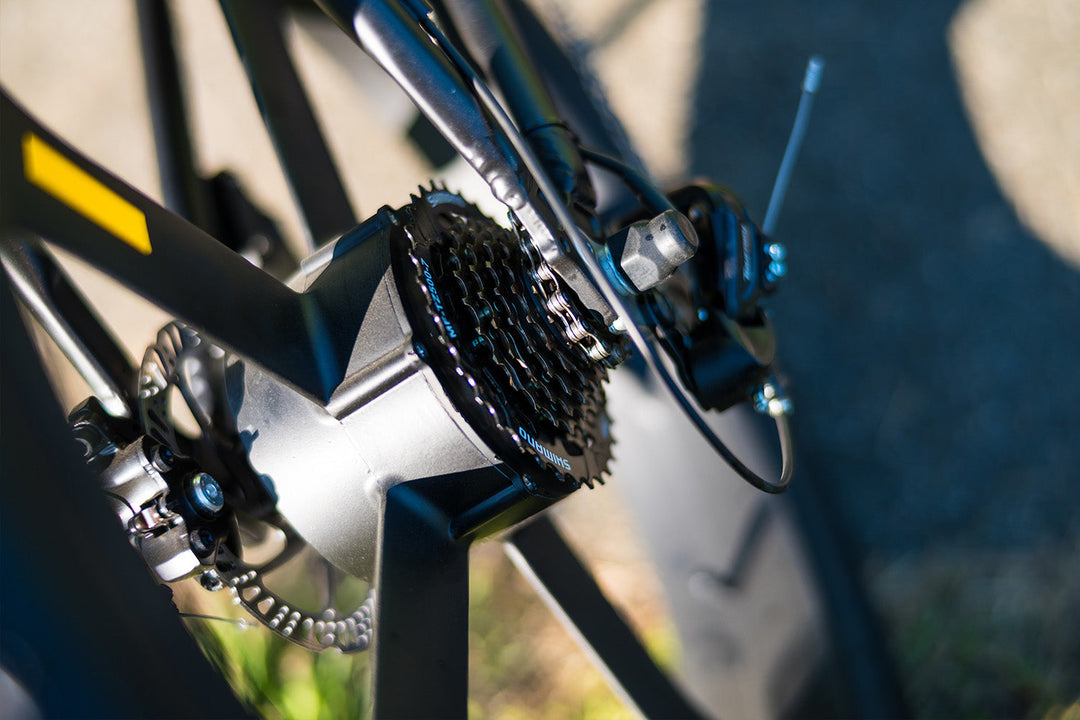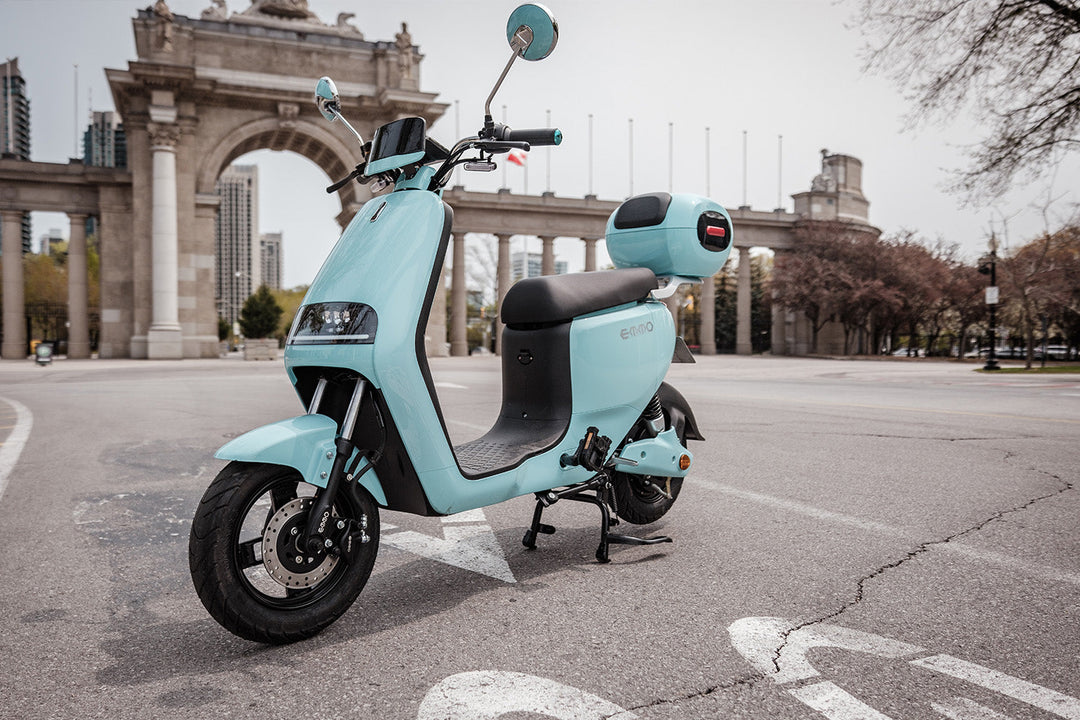Do We Need a License for Electric Bike in Canada?
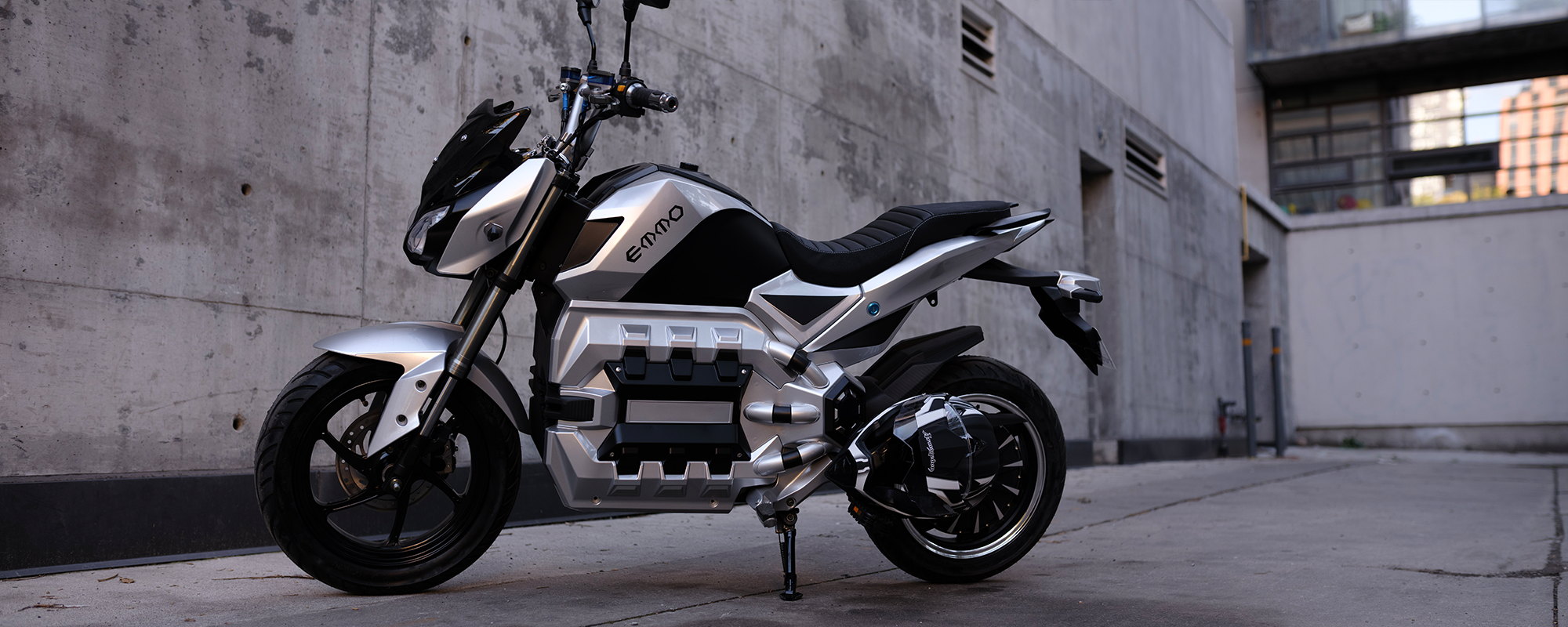
Do We Need a License for Electric Bike in Canada?
Electric bikes, commonly referred to as e-bikes, have gained immense popularity in Canada over the past few years. Their ability to provide riders with an added boost, especially on challenging terrains or during long commutes, has made them a preferred choice for many. But with this rise in popularity comes the inevitable question: Do we need a license to ride an e-bike in Canada?
The Basics of E-bike Regulations in Canada:
In Canada, e-bikes are generally treated as bicycles rather than motor vehicles, which means they are subject to the same rules as traditional bicycles. However, there are specific regulations that e-bike riders must adhere to:
- Power Limit: The motor's power output should not exceed 500 watts.
- Speed Limit: The e-bike should not be capable of speeds greater than 32 km/h on level ground without pedaling.
- Operational Modes: The e-bike should have pedals that are operable at all times and can propel the bicycle.
Licensing and Other Requirements:
- No License Required: In most provinces and territories, no license or plates are required for riding an e-bike because they are built according to the Ministry of Transportation regulations. E-bikes are typically treated as regular bicycles, meaning riders must follow the same road rules as conventional cyclists. However, if you're aiming for higher speeds on your bike, you may need to obtain a plate and insurance. It's important to note that some provinces or regions have specific regulations for motorcycle-style e-bikes and scooter-style e-bikes. For instance, starting in June 2024, Quebec has mandated that electric scooters and electric motorcycles must be registered and insured.
- No Insurance Needed: E-bikes do not require insurance in Canada.
- Helmet is Mandatory: Riders and passengers must wear an approved bicycle or motorcycle helmet.
- No Passenger Restrictions: If the e-bike is designed to carry more than one person, it can do so.
EMMO E-BIKES: No License, No Insurance*:
Emmo, a renowned e-bike manufacturer in Canada, offers a range of e-bikes that adhere to Canadian regulations. Their e-bikes, like the Emmo Zone MAX, come equipped with features that not only comply with the regulations but also enhance the riding experience. With independent throttles, pedal-assist systems, and a variety of battery options, Emmo ensures that riders have the best of both worlds – compliance and performance.
Conclusion:
While e-bikes offer a convenient and eco-friendly mode of transportation, it's essential to be aware of the regulations surrounding their use. In Canada, the rules are pretty straightforward, making e-bikes an excellent choice for those looking to commute or explore without the hassles of licensing and insurance. However, always ensure that you're updated with the latest regulations, as they can change based on provincial or territorial laws.
Remember, it's crucial to ride responsibly, adhere to traffic rules, and prioritize safety at all times. Whether you're riding an Emmo e-bike or any other brand, the joy of e-biking is best experienced when done right!
*In most provinces and territories, no license or plates are required for riding an e-bike because they are built according to the Ministry of Transportation regulations. E-bikes are typically treated as regular bicycles, meaning riders must follow the same road rules as conventional cyclists. However, if you're aiming for higher speeds on your bike, you may need to obtain a plate and insurance.
It's important to note that some provinces or regions have specific regulations for motorcycle-style e-bikes and scooter-style e-bikes. For instance, starting in June 2024, Quebec has mandated that electric scooters and electric motorcycles must be registered and insured.
